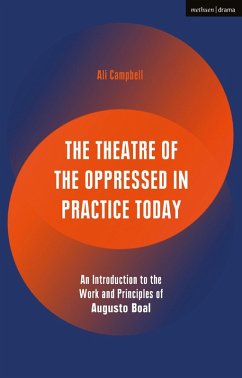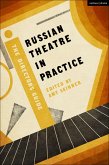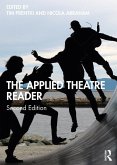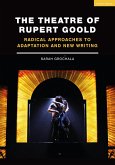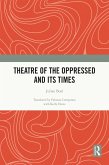How has the work and legacy of Augusto Boal's Theatre of the Oppressed been interpreted and practised around the world? What does it look like in different working contexts? This book provides an accessible introduction to the political and artistic principles Boal's techniques are founded on, tracking exemplary practice from around the globe.
Using detailed contemporary case histories, theatre artist, scholar and activist Ali Campbell demonstrates how the underlying principles of Boal's practice are today enacted in the work of - among others - an urban network (Theatre of the Oppressed NYC); a rural and developmental theatre organisation (Jana Sanskriti, West Bengal); Boal's original company CTO Rio (Brazil); and a theatre-based group led by learning-disabled adults in the UK (The Lawnmowers Independent Theatre Company). The book concludes with a series of conversations between Campbell and international exponents of the work, envisioning futures for the Theatre of the Oppressed in the shifting political, educational and artistic contexts of the twenty-first century.
Using detailed contemporary case histories, theatre artist, scholar and activist Ali Campbell demonstrates how the underlying principles of Boal's practice are today enacted in the work of - among others - an urban network (Theatre of the Oppressed NYC); a rural and developmental theatre organisation (Jana Sanskriti, West Bengal); Boal's original company CTO Rio (Brazil); and a theatre-based group led by learning-disabled adults in the UK (The Lawnmowers Independent Theatre Company). The book concludes with a series of conversations between Campbell and international exponents of the work, envisioning futures for the Theatre of the Oppressed in the shifting political, educational and artistic contexts of the twenty-first century.

